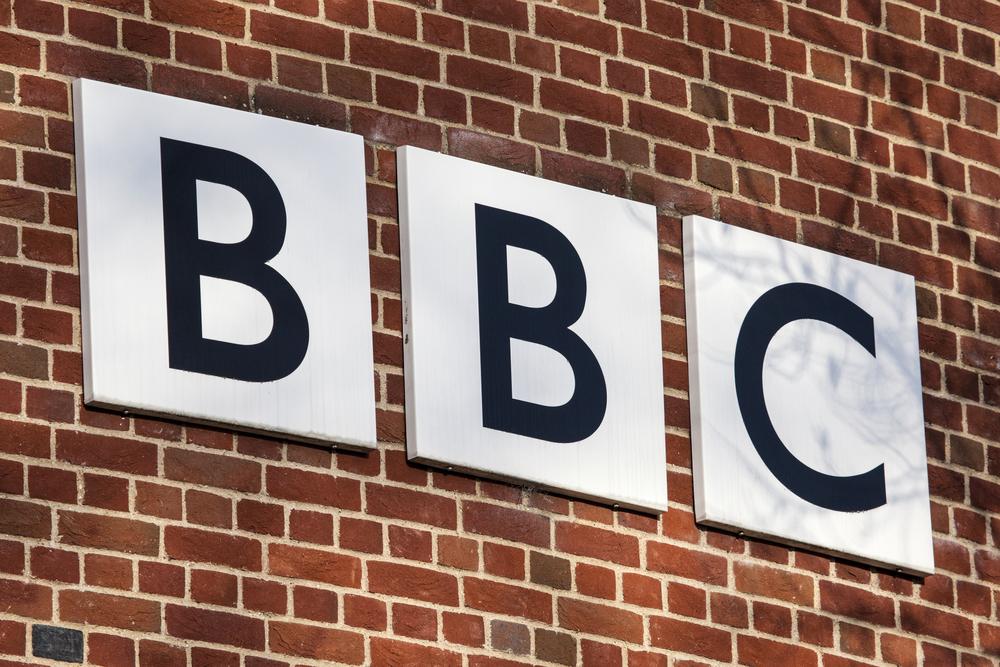A report by the digital, culture, media and sport committee (DCMS) has revealed the pay inequality of BBC employees. The report demands an end to the broadcaster’s culture of “invidious, opaque decision-making” regarding pay.
Evidence has been put forward by witnesses that illustrates that the broadcaster is still failing its female employees. This includes 40 BBC staff and the BBC Women campaign group. The group represents over 170 presenters and producers including the well-known Mishal Husain and Jane Gravey.
The report said:
“Our evidence suggests women within the BBC are working in comparable jobs to men but earning far less.”
“The corporation was unable to give us a good reason for why or how pay discrimination has been left unchallenged for so long.”
Moreover, it has been revealed that several female BBC employees were offered pay rises as a result to their equal pay complaints.
This contradicts the corporation’s claim that there were no equal pay issues in their case.
The dealing of complaints left women “feeling worthless or diminished, ground down by an employer refusing to admit any equal pay liability”.
The report revealed:
“Where staff come forward with complaints, management must refrain from using unhelpful terminology and talk about these cases in terms of ‘equal pay’, rather than using euphemisms such as ‘fair pay’, ‘oversights’ and pay ‘revisions’, in an attempt to avoid the issues at hand.”
“The BBC pay structure lacks central oversight and allows for too much managerial discretion over salaries. Pay decisions for senior positions appear to be made on an ad hoc basis.”
“It is regrettable that it took the forced publication of this list and the resultant publicity to push the BBC into action on a longstanding problem.”
“The BBC’s reluctance to tackle this issue has resulted in a loss of trust between staff and management. The BBC needs to commit to concrete targets to ensure that the pay of its high earners has absolutely no discriminatory element to it.”
Earlier today, we reported that the gender pay gap was at a record breaking low. But large scale corporations are still failing to admit their incompetency when targeting gender pay inequality.




